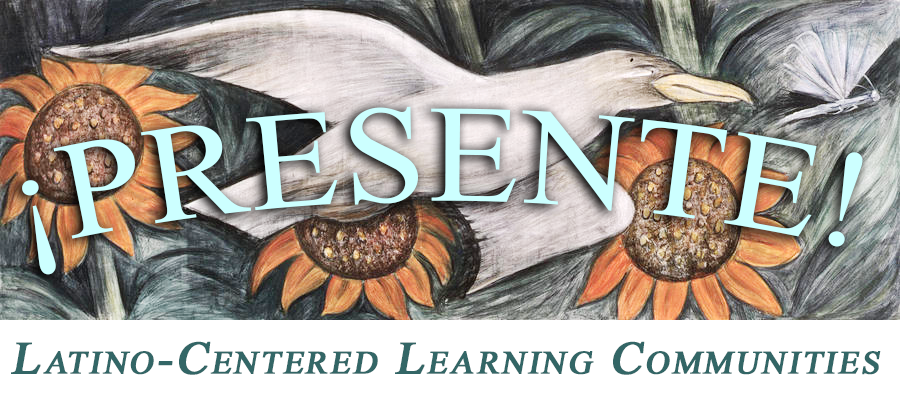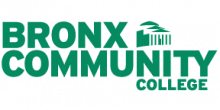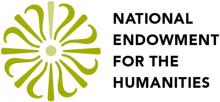¡Presente! Latino-Centered Learning Communities

An NEH Hispanic Serving Institutions Project
Presente is a three-semester faculty development program designed to deepen and expand the teaching of Latino/a history and culture across the disciplines at Bronx Community College that begins in the Fall of 2017. Presente focuses on two broad themes: citizenship and the law and racial and gendered identities. The goal is to assist faculty in creating integrated clusters of three courses (First Year Seminar, Social Sciences & Humanities) for the college’s Learning Communities Program (LC).
Each participant will receive $1,400 stipend, free entrance into selected site-visits and program related books. Faculty will receive 1.5 hours of release time if the LC cluster is successfully filled in the Fall of 2018, compliments of the LC program.
Presente is composed of four areas of activity:
- A seminar series with guest scholars
- Curriculum development mentoring
- Online program and in-person reading discussions
- A culminating conference at BCC
Requirements for participants:
Faculty will attend five full-day seminars over the course of two semesters (Fall 2017 & Spring 2018). All full-day seminars will be on Fridays.
Faculty will participate in four reading discussions (two face-to-face held on Thursdays during club hour and two online via Blackboard).
Faculty will develop teaching modules, curriculum resources during Fall 2017 – Fall 2018.
Faculty will participate in a culminating conference held in the fall of 2018 at BCC.
For questions, please contact any of the co-directors:
Peter Kolozi718.289.5100 ext. 5665Peter.Kolozi@bcc.cuny.edu Brandi Rima718.289.5100 ext. 3632Brandi.Rima@bcc.cuny.edu Crystal Rodriguez718.289.5100 ext. 3533Crystal.Rodriguez03@bcc.cuny.edu
The completed application should be emailed to PresenteBCC@gmail.com by Monday, March 27, 2017.
Presente is directed by BCC faculty working in partnership with the American Social History Project/Center for Media and Learning, CUNY Graduate Center.
Any views, findings, conclusions, or recommendations expressed here do not necessarily reflect those of the National Endowment for the Humanities.


